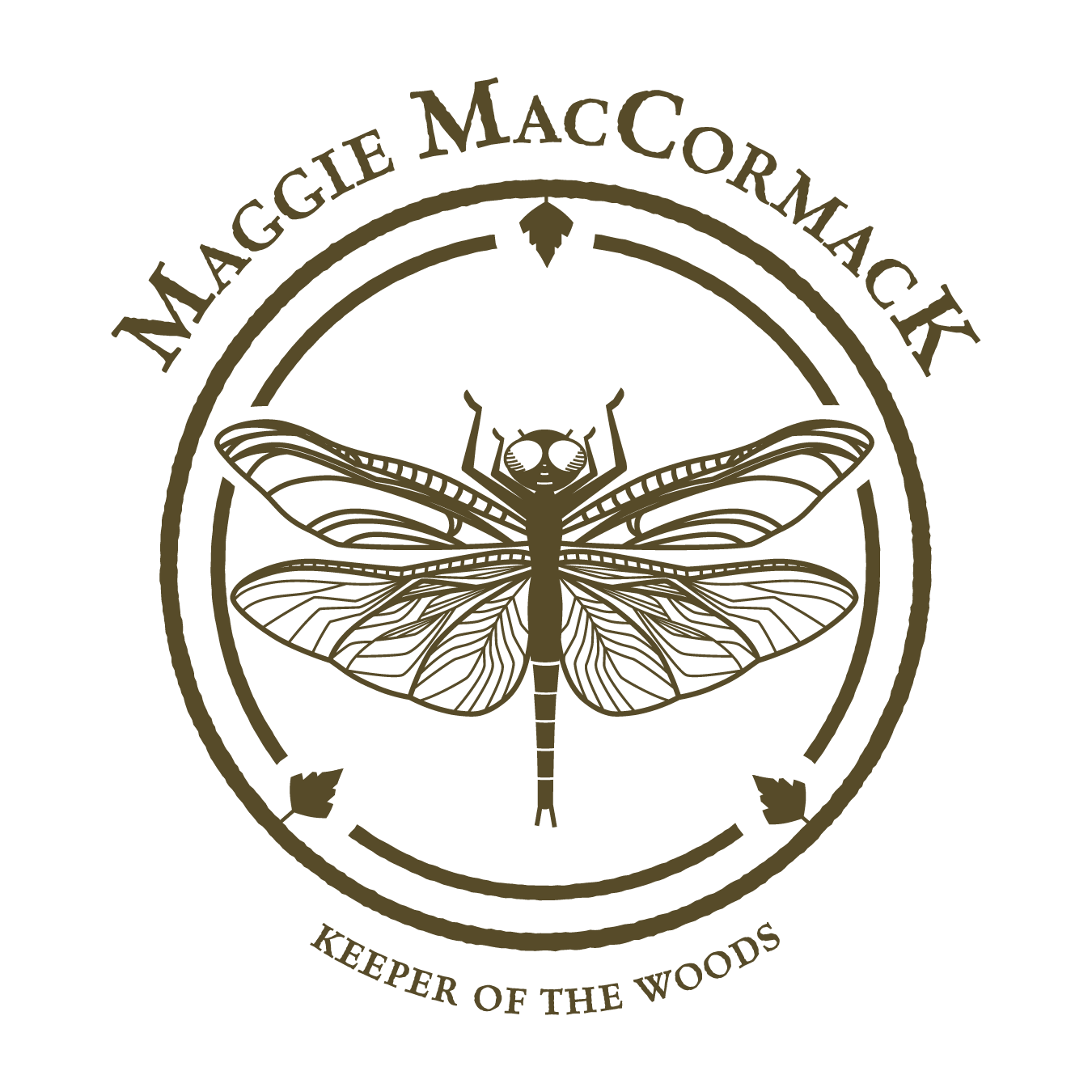A man of wisdom once told me, “If you seek praise from the world, you will only find pain.” If an artist gets caught up in the pulpit of public opinion, upon which one person says they’re a genius, that their art, writing or music is otherworldly, while the next person calls them amateur, a hack and claims they have no right working in the creative arts, they become consumed by doubt, wondering which one is right.
Today, social media has given every person a platform upon which to express an opinion, and every opinion known to humankind can be found on the Internet.
An opinion is an interesting thing. It doesn’t have to be supported, it doesn’t have to be qualified, and it most certainly doesn’t have to come from a place of experience. Yet, an opinion can attract followers who, in turn, spread that opinion as the gospel.
Constructive criticism is different than opinion. It comes from a place of knowledge, often cutting through the artist’s ego and setting the artist on a much-needed course correction. Many years ago I worked with an editor who was very confident, very opinionated and very knowledgeable. This editor gave wonderful notes, but often in excess. I often wondered if they thought they were writing the book. The notes may be simple like, “I need more emotion from your character.” Other times they may be more intense: “I don’t like this chapter. It’s garbage. Throw it out. Start over.” Sometimes this editor even suggested taking the ending of a chapter and making it the beginning, which would change the entire direction of my story. But you know what? This editor was often right, and it pushed my young self to make the story better (which, as a writer, must always be your intention).
One day the editor and I locked horns over dialogue. The editor was insistent about their prescribed changes. I refused. I explained, quite firmly, what this editor did not understand about dialogue and how they were trapped in a formulaic approach. I explained about rhythm, time and the musicality of spontaneous language. The editor was speechless. The next day this editor called me, thanked me for giving them a master class in constructing dialogue and asked if I would help them write the dialogue for their next novel.
When one stands firm and speaks from a place of knowledge people will listen. It just takes the fullness of time and patience upon patience upon patience to cut through everyone’s misconceptions. I often refer to Charlie Parker and John Coltrane. Both men are jazz legends once ignored by many from the community of musicians and the critics of contemporary musical taste. Parker and Coltrane’s understanding of the music, its language, was ahead of its time. People’s musical tastes needed to mature. Thankfully, both Parker and Coltrane persevered, and changed the way we listen.
I think places like Goodreads give people a wonderful platform to express themselves, and their opinions, and many people write very thoughtful, very thorough reviews of the books they have read. I have no doubt that many readers find these reviews helpful, and many authors have found the input invaluable. Everything is about striking a balance, understanding where the information is coming from and how you are digesting it. We must be careful what we consume, especially negativity, for it is what we will become. “If you eat unhealthy things when you come upon true food you won’t know the difference,” the wise man told me. Good advice.

